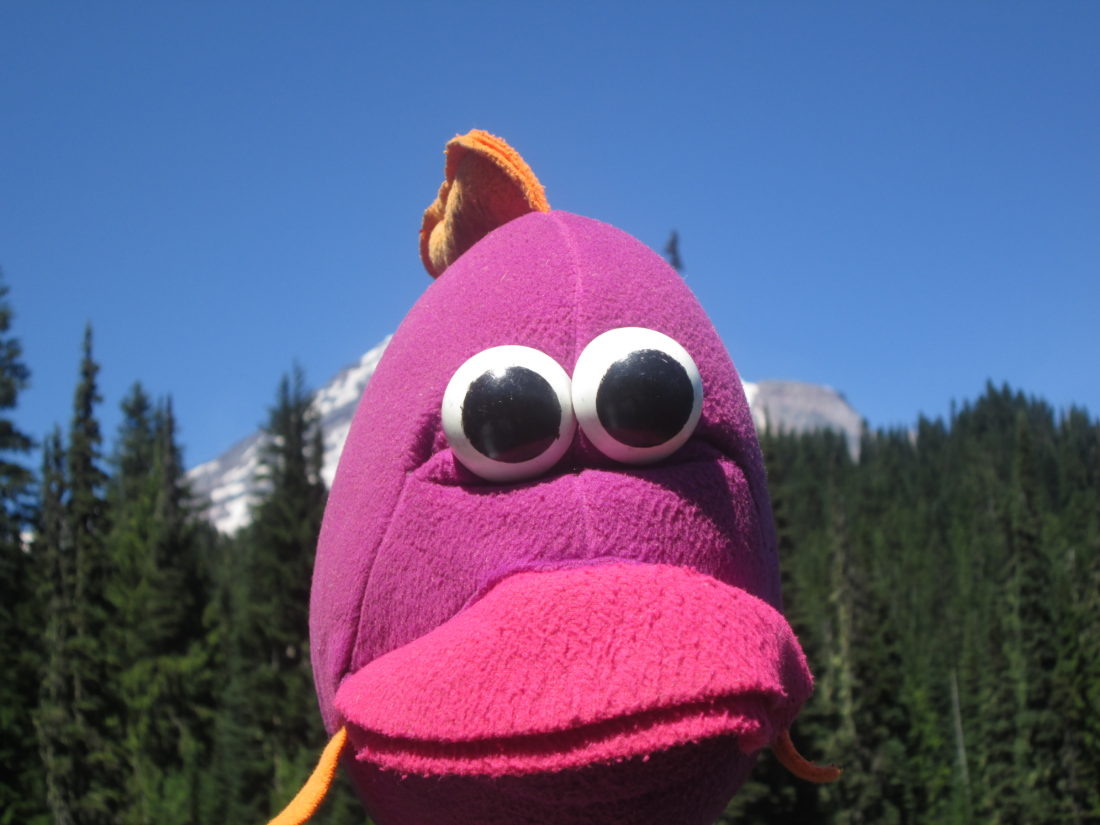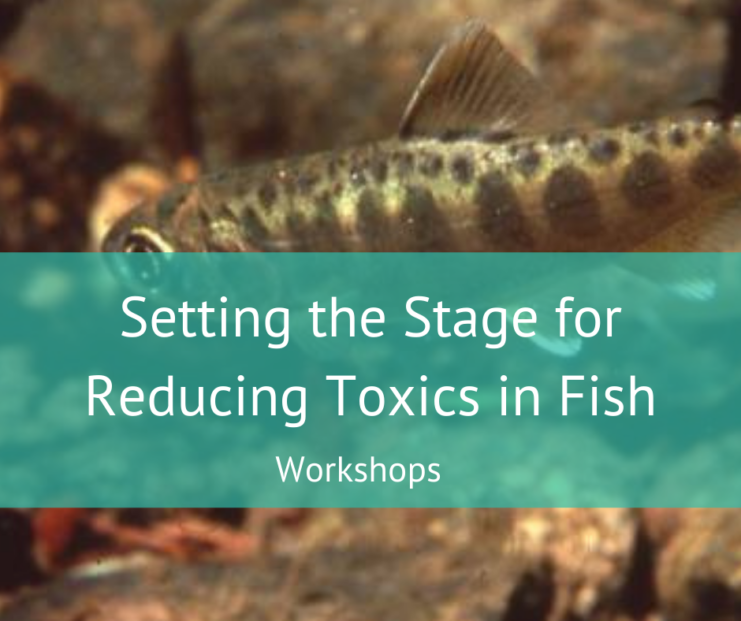Please join the Stormwater Initiative Lead Team and its speakers and collaborators on February 26th to kick-off our first solutions-oriented workshop to address Toxics in Puget Sound. This will be the first of successive workshops designed to address toxics in Puget Sound. Our first workshop—February 5th—highlighted a series of toxics challenges, that we called ‘red flags’. Later workshops will focus on interactive solution generation based on those red flags, as well as others raised at the workshop.
The red flags identified earlier in February include contamination in the Duwamish, microplastics, PBDEs in the juvenile Chinook, marine and freshwater contaminants, PFAS in rivers and lakes, contaminants of emerging concern, tires kill coho and air quality impacts from wildfires and transportation.

Please register HERE:
https://buildingsolutionstoxics.brownpapertickets.com
This workshop is designed for people who want to contribute to solutions for toxics in Puget Sound including a wide range of policy, regulatory, consumer campaign, product redesign, pollution prevention and communication campaigns. Please note we will not be addressing the underlying science at this workshop.
Sketch of the Day
This workshop will present problem-solving frameworks and tools and test out tools for future collaboration. The workshop is designed to create a common understanding of effective problem-solving approaches based on social sciences and experience. We will start our day with Rob Bilott, the attorney who awakened the world to PFOS (C8) contamination and damage to communities. His incredible story will lift the spirit and provide energy for positive action in our region.
Our community of practice is wildly diverse and we all come with different training, experience, world views, and practice areas. Driven by our desire to have our science taken at face value, we are disappointed when we learn that humans– armed with cognitive biases, barriers, emotional drivers, and our own mental models– are much more difficult to bring along to where we want them to be.
Our intent is to build a common understanding of the tools of change and be able to deploy them effectively and collaboratively as we move ahead with problem-solving. In the afternoon, we will be soliciting your input on the red flags, additional ones you want to raise, and how to set priorities for sequencing workshops.

All materials are stored in the cloud at Box: https://pspwa.box.com/s/q6qfp7yqp2v6ann4vnmi2ma1inarp78s
This workshop sets the stage for successive solutions-focused workshops over the coming year. If you have any questions please contact Heidi at

